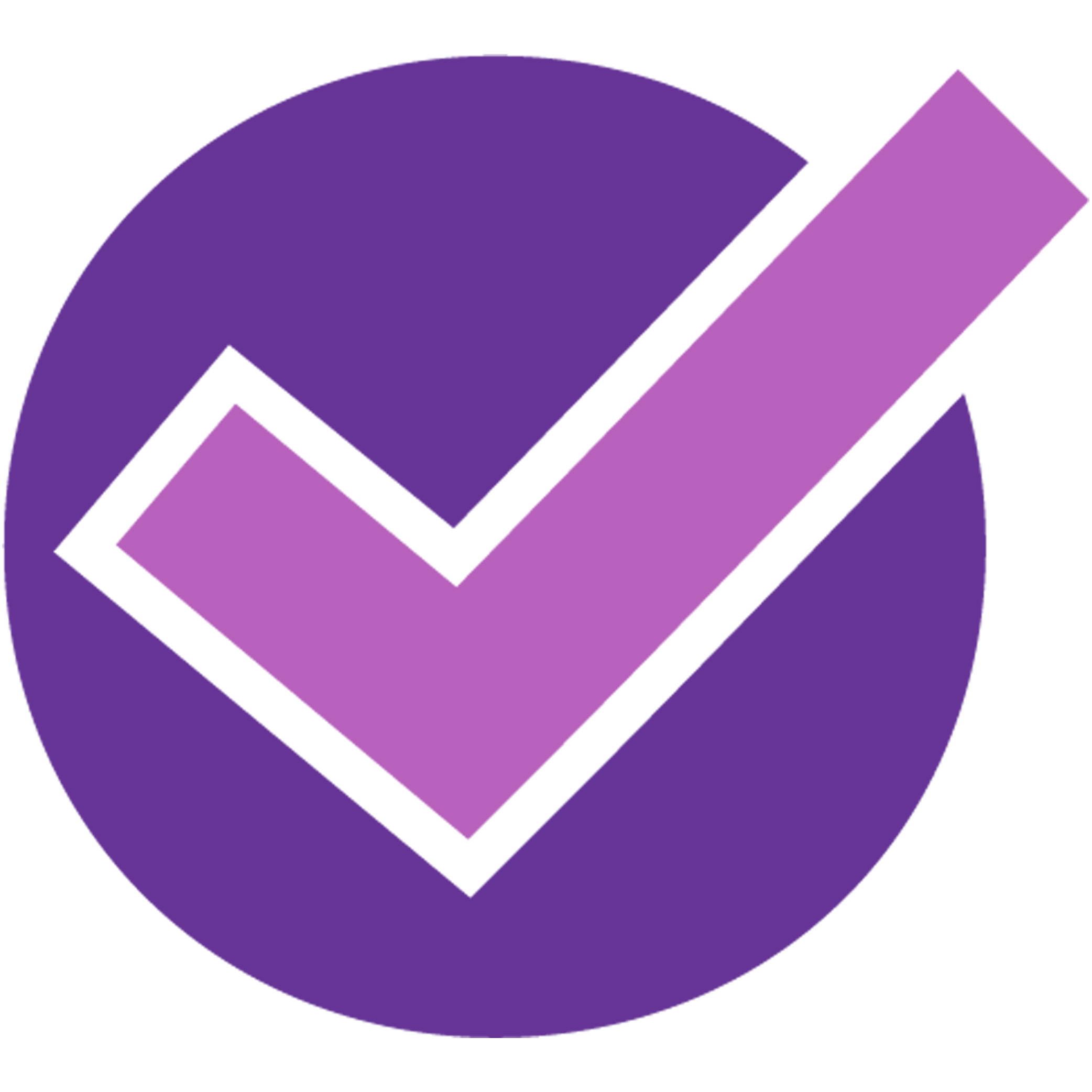On February 27, Barbara Smith Warner was named National Vote at Home Institute’s Executive Director. Formerly of the Oregon House of Representatives, Barbara joined the organization with a decades-long career centered on community. To commemorate International Women’s Day, our Digital Communications Director caught up with her to learn more about her professional trajectory, views of mailed-out ballots, and plans for her first year on the job.

Q: As the Executive Director of the National Vote at Home Institute, what are you looking forward to most? What will you prioritize in year-one?
BSW: As an Oregonian who has been voting at home for more than 20 years, I’m most looking forward to sharing its benefits with states and citizens across the country. I will spend my first year connecting with other democracy advocates and elections officials, and supporting legislative efforts to get more ballots to more voters in more states.
Q: In your opinion, what are the key benefits of vote-at-home? How can this system transform the voting experience?
BSW: The best thing about vote at home is the convenience. Your ballot comes directly to you, and you’ve got time to read about the candidates and issues before you vote. There’s so many ways to return your ballot – by mail, to a ballot box or to your local elections office – and no waiting in line. There’s security in having a paper ballot, and in the signature verification, and if you missed a step or there’s any confusion, you will be contacted to fix it. It’s transformative from start to finish, and less expensive to boot.
Q: You co-led the passage of Automatic Voter Registration and helped to propel the vote-at-home system in Oregon. How does that influence your agency as the Executive Director?
BSW: I’ve not only voted at home for decades, I’ve also worked as a legislator to expand voter access and participation. So I bring that knowledge and experience to the work, and can share practical advice with legislators and advocates about how things play out in real life.
Q: You spent nearly 20 years as a grassroots and community organizer ahead of your own tenure in the legislature. How important was sisterhood and women’s representation to your career trajectory?
BSW: Frankly, the most supportive environment I’ve worked in as a woman was as a legislator. In addition to women serving as four of our five statewide elected officials, my caucus was majority women, and led by women, for all nine years of my service. It was an environment where good policy was more important than getting credit, and where we worked to actively support and uplift one another. I’ve also participated in Emerge Oregon and the Oregon Women’s Campaign School, helping to train and encourage women to both run for office and to work in politics and policy.
Q: Share some advice you’ve received that has helped you most throughout your career. Who did it come from?
BSW: From my mom, to surround yourself with people who are good at things that you are not; from my former Speaker, that incremental change is still change; and from Maya Angelou: “I’ve learned that people will forget what you said, people will forget what you did, but people will never forget how you made them feel.”
Q: Based on your own experience, what advice would you give to women pursuing a career in legislation?
BSW: Do it! It’s said that men will apply for jobs for which they are 50% qualified but women will only apply for jobs that they are 150% qualified for. The same goes for running for office – your experience and the desire to do good for others is what you need, so do it.
Q: If you could spend the day with any inspirational woman in history, who would it be and why?
BSW: I’ve got to say two: Amelia Earhart, to experience the freedom and adventure that she did; and Shirley Chisolm, to lead with your values without wavering regardless of how challenging the circumstances.
